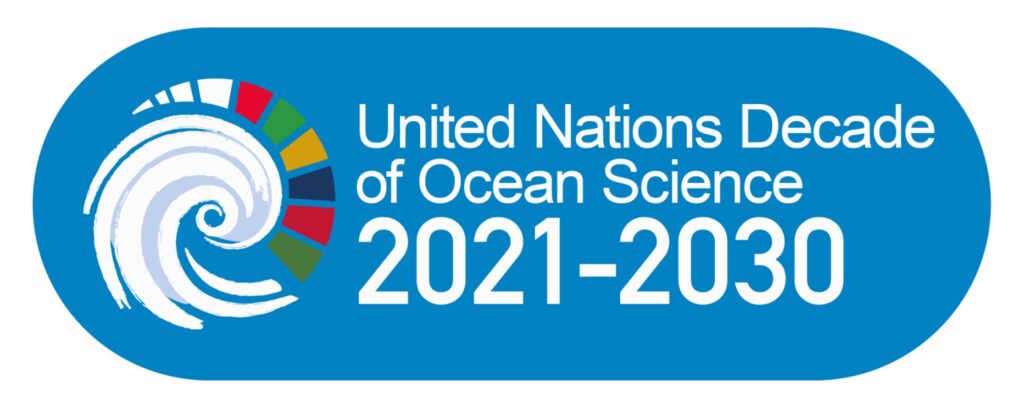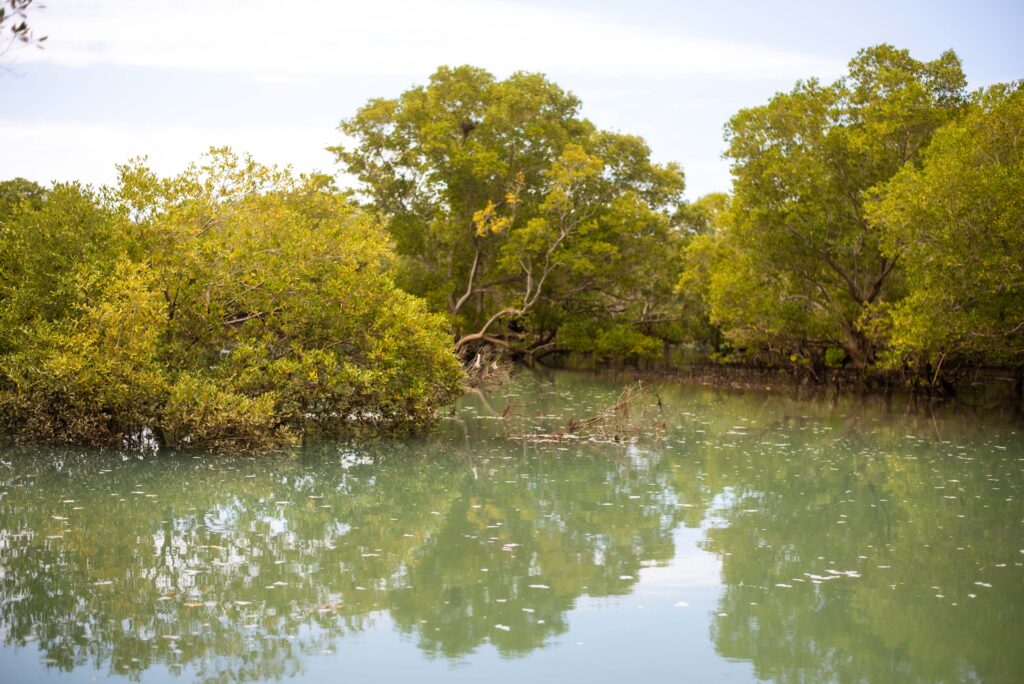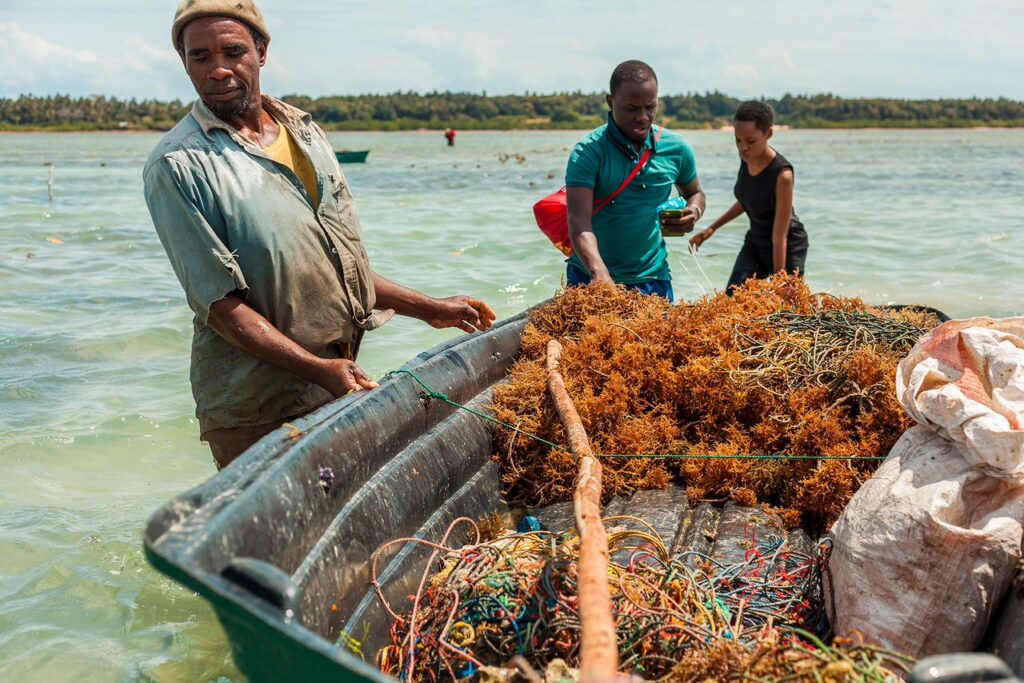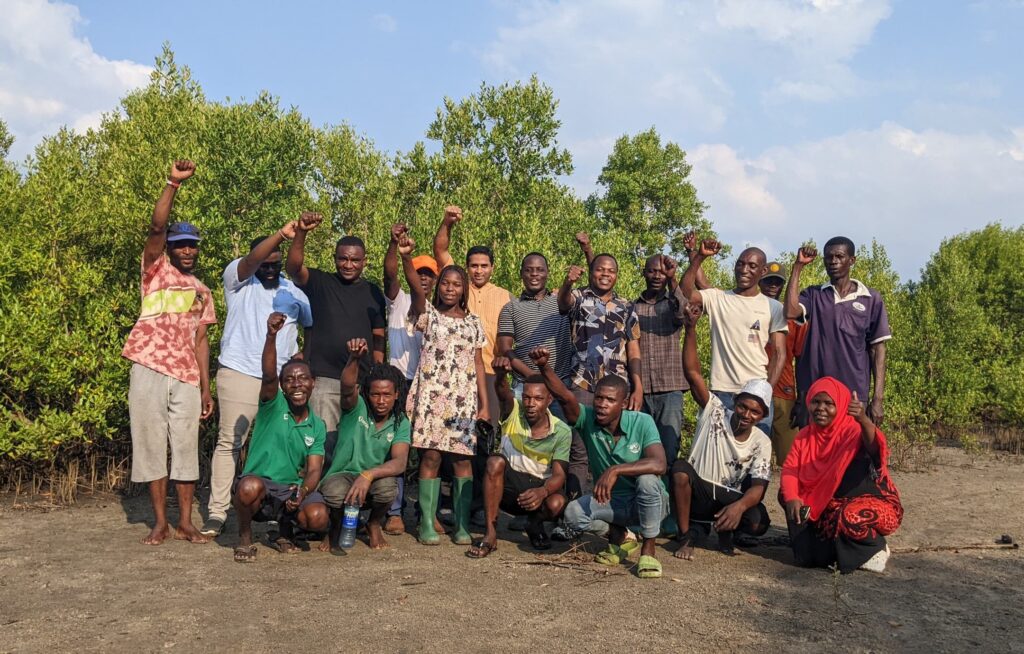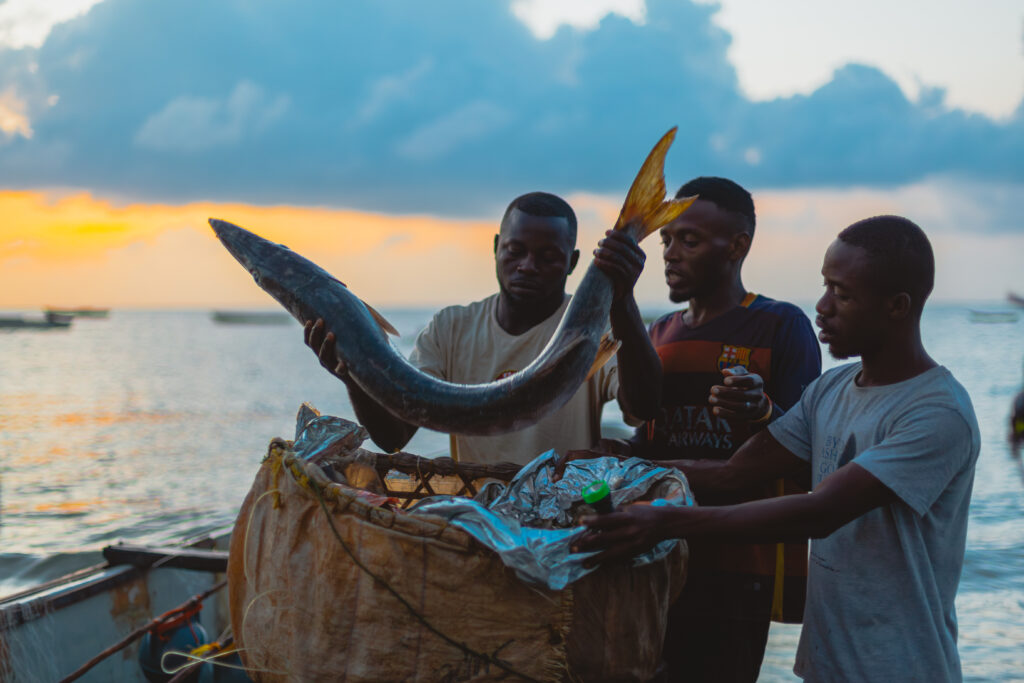The ocean is the lifeblood of our planet, covering over 70% of the Earth’s surface and playing a pivotal role in sustaining life. From regulating climate to providing food, medicine, and economic resources, its influence is undeniable. Yet, despite its critical importance, the ocean is under threat from overfishing, pollution, habitat destruction, and climate change. In response to these growing challenges, the United Nations launched the Decade of Ocean Science for Sustainable Development (2021–2030), also known as the UN Ocean Decade, with a mission to reverse the cycle of decline in ocean health and create a sustainable future for both people and the planet.
Our efforts at Aqua-Farms Organization (AFO) have been a recognition that marine conservation and the improvement of community livelihoods go hand-in-hand in achieving the goals outlined in the UN Ocean Decade agenda. This inline as we work toward building resilient coastal communities, our efforts align closely with the vision of a healthy, productive, and resilient ocean that benefits everyone.
The Importance of Marine Conservation
Marine ecosystems are diverse and fragile, providing critical services such as carbon sequestration, biodiversity, and food security. However, human activities have severely impacted these ecosystems. Coastal and marine habitats such as coral reefs, mangroves, and seagrasses are vital nurseries for marine life, yet they are disappearing at alarming rates. Protecting and restoring these habitats are key to ensuring the long-term health of our oceans and the communities that depend on them.
AFO is actively involved in marine conservation initiatives that focus on sustainable fisheries, habitat restoration, and marine biodiversity protection. These efforts are aimed at not only preserving marine ecosystems but also ensuring that the natural resources communities rely on for their livelihoods remain abundant and sustainable.
Improving Community Livelihoods Through Marine Conservation
Coastal communities are often at the frontlines of ocean degradation, but they are also vital stakeholders in the conservation process. Many communities depend on fishing, aquaculture, and tourism for their income, yet unsustainable practices can deplete resources, leaving them vulnerable. Gearing these communities with sustainable practices and alternative livelihoods there is hope ahead on their long-term resilience.
Through the Community Livelihood Improvement Program, AFO works directly with local populations to provide training in mangrove restoration, bee keeping, alternative seaweed farming methods such as deep-water seaweed farming, sustainable fishing, aquaculture, and eco-tourism. These initiatives not only reduce the pressure on marine ecosystems but also create new, sustainable income streams for communities. Our work in supporting women-led initiatives and youth engagement is particularly impactful, ensuring that marine conservation benefits reach all sectors of society.
Aligning with the UN Ocean Decade 2030 Agenda
The UN Ocean Decade emphasizes the need for transformative, scalable, and solution-driven ocean science. AFO is committed to contributing to this global vision by cultivating partnerships with academic institutions, research organizations, the government and other stakeholders. By combining traditional knowledge with cutting-edge science, there comes room to generate actionable insights that can be applied to real-world challenges.
Our work in marine conservation and community livelihoods improvement directly supports several key goals of the UN Ocean Decade, including:
– Goal 1: A Clean Ocean – Reducing pollution through community-led clean-up campaigns and waste management education.
– Goal 2: A Healthy and Resilient Ocean – Restoring coastal habitats and promoting sustainable fishing practices.
– Goal 6: An Accessible Ocean – Ensuring that ocean science is inclusive, benefiting even the most vulnerable communities.
As the global community rallies to protect our oceans, AFO also remains dedicated to advancing marine conservation and community livelihoods. Together, we can contribute to a sustainable blue economy that aligns with the UN Ocean Decade’s vision for a healthy and productive ocean by 2030.

Javis Bashabula
Communications Lead-AFO
